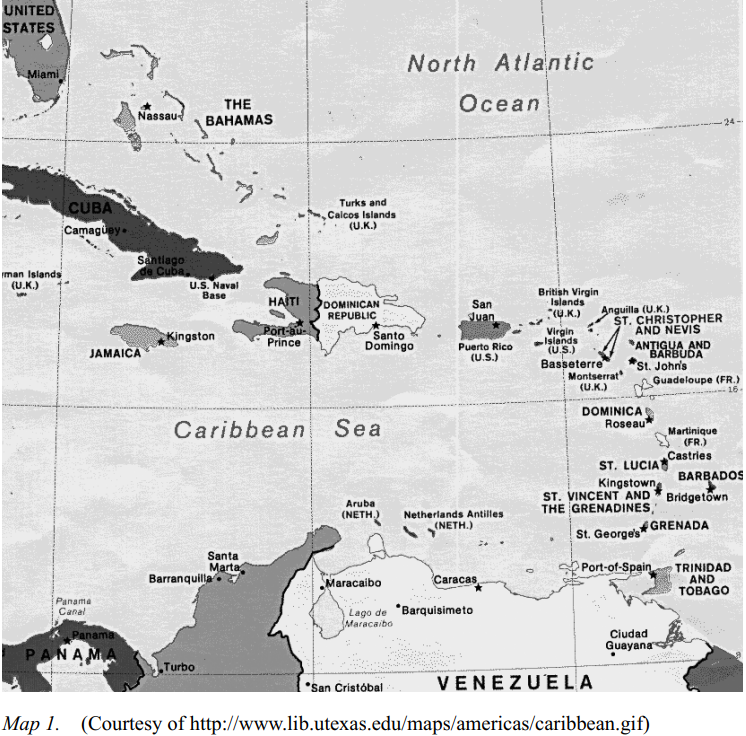

Grammar


Tenses


Present

Present Simple

Present Continuous

Present Perfect

Present Perfect Continuous


Past

Past Simple

Past Continuous

Past Perfect

Past Perfect Continuous


Future

Future Simple

Future Continuous

Future Perfect

Future Perfect Continuous


Parts Of Speech


Nouns

Countable and uncountable nouns

Verbal nouns

Singular and Plural nouns

Proper nouns

Nouns gender

Nouns definition

Concrete nouns

Abstract nouns

Common nouns

Collective nouns

Definition Of Nouns

Animate and Inanimate nouns

Nouns


Verbs

Stative and dynamic verbs

Finite and nonfinite verbs

To be verbs

Transitive and intransitive verbs

Auxiliary verbs

Modal verbs

Regular and irregular verbs

Action verbs

Verbs


Adverbs

Relative adverbs

Interrogative adverbs

Adverbs of time

Adverbs of place

Adverbs of reason

Adverbs of quantity

Adverbs of manner

Adverbs of frequency

Adverbs of affirmation

Adverbs


Adjectives

Quantitative adjective

Proper adjective

Possessive adjective

Numeral adjective

Interrogative adjective

Distributive adjective

Descriptive adjective

Demonstrative adjective


Pronouns

Subject pronoun

Relative pronoun

Reflexive pronoun

Reciprocal pronoun

Possessive pronoun

Personal pronoun

Interrogative pronoun

Indefinite pronoun

Emphatic pronoun

Distributive pronoun

Demonstrative pronoun

Pronouns


Pre Position


Preposition by function

Time preposition

Reason preposition

Possession preposition

Place preposition

Phrases preposition

Origin preposition

Measure preposition

Direction preposition

Contrast preposition

Agent preposition


Preposition by construction

Simple preposition

Phrase preposition

Double preposition

Compound preposition

prepositions


Conjunctions

Subordinating conjunction

Correlative conjunction

Coordinating conjunction

Conjunctive adverbs

conjunctions


Interjections

Express calling interjection

Phrases

Sentences


Grammar Rules

Passive and Active

Preference

Requests and offers

wishes

Be used to

Some and any

Could have done

Describing people

Giving advices

Possession

Comparative and superlative

Giving Reason

Making Suggestions

Apologizing

Forming questions

Since and for

Directions

Obligation

Adverbials

invitation

Articles

Imaginary condition

Zero conditional

First conditional

Second conditional

Third conditional

Reported speech

Demonstratives

Determiners


Linguistics

Phonetics

Phonology

Linguistics fields

Syntax

Morphology

Semantics

pragmatics

History

Writing

Grammar

Phonetics and Phonology

Semiotics


Reading Comprehension

Elementary

Intermediate

Advanced


Teaching Methods

Teaching Strategies

Assessment
Eastern Caribbean English-derived language varieties: phonology
المؤلف:
Michael Aceto
المصدر:
A Handbook Of Varieties Of English Phonology
الجزء والصفحة:
481-28
2024-04-09
1427
Eastern Caribbean English-derived language varieties: phonology
As a geographical region, the Eastern Caribbean has been left virtually untapped as a source of fieldwork data in creole studies and English dialectology. Of course, there are individual pieces of research derived from some islands of the Eastern Caribbean, and at least two geographical exceptions to these generalizations are Barbados, Guyana, and perhaps Trinidad. Barbados has been central to previous discussions and debates in trying to determine its possible role in the diffusion of shared features heard throughout the Anglophone Caribbean as well as in answering questions related to the concept of “decreolization” as to whether Barbados once contained significant communities of speakers of a “deeper” Creole than typically seems to be spoken today (Cassidy 1980; Hancock 1980; Rickford 1992; Van Herk 2003). Trinidad has received significant attention from Winer (1993). These cases aside, the Eastern Caribbean is still largely absent from contemporary research and fieldwork in creolistics. For example, Neumann-Holzschuh and Schneider (2000), one of the most recent additions to the excellent Creole Language Library series published by Benjamins, contains few references to the Anglophone Eastern Caribbean. The “action” in creole studies is not centered in the Eastern Caribbean, except perhaps as represented by Guyana in South America. Researchers have largely ignored the approximately one dozen other Anglophone islands in the Eastern Caribbean chain.
Aceto (2002a) designates specific islands of the Eastern Caribbean (among other areas of the Americas as well) as sites for future research by compiling the relatively few bibliographic references that have been published on Anglophone Caribbean varieties other than Jamaican and Guyanese and by indicating which specific islands or areas have received little or no attention from linguists. Some of the goals that prompted Aceto (2002a) have been rectified to some degree by Aceto and Williams (2003). Nonetheless, even after the publication of Aceto and Williams (2003), most of the Eastern Caribbean is still wide open for researchers interested in pursuing future fieldwork in Anglophone West Indian locations for which we have relatively little data.
Phonology as a general linguistic-based topic has not received the same attention from researchers that Creole language syntax has. Perhaps this observation relates to the fact that syntax is often tied directly to cognitive science (which has influenced the field of linguistics enormously) as well as the popularity of substrate arguments in discussing creole language genesis. Perhaps it is because of the highly variable nature of sound segments, especially vowels. Whatever the reason, in-depth phonological treatments of any specific Creole language have been few and far between. For evidence of this descriptive statement, simply examine the titles in the Creole Language Library. Though individual articles on Creole phonology appear in edited collections, not a single volume examines Creole phonology in depth while several volumes concentrate largely if not exclusively on syntactic data.
Holm (1989), Volume 3 of Wells (1982), Aceto and Williams (2003), various specific articles referenced below, and the author’s own notes from fieldwork whose results have not yet appeared in published articles. Map 1 shows the location of the islands discussed in the paper.

 الاكثر قراءة في Phonology
الاكثر قراءة في Phonology
 اخر الاخبار
اخر الاخبار
اخبار العتبة العباسية المقدسة

الآخبار الصحية















 قسم الشؤون الفكرية يصدر كتاباً يوثق تاريخ السدانة في العتبة العباسية المقدسة
قسم الشؤون الفكرية يصدر كتاباً يوثق تاريخ السدانة في العتبة العباسية المقدسة "المهمة".. إصدار قصصي يوثّق القصص الفائزة في مسابقة فتوى الدفاع المقدسة للقصة القصيرة
"المهمة".. إصدار قصصي يوثّق القصص الفائزة في مسابقة فتوى الدفاع المقدسة للقصة القصيرة (نوافذ).. إصدار أدبي يوثق القصص الفائزة في مسابقة الإمام العسكري (عليه السلام)
(نوافذ).. إصدار أدبي يوثق القصص الفائزة في مسابقة الإمام العسكري (عليه السلام)


















